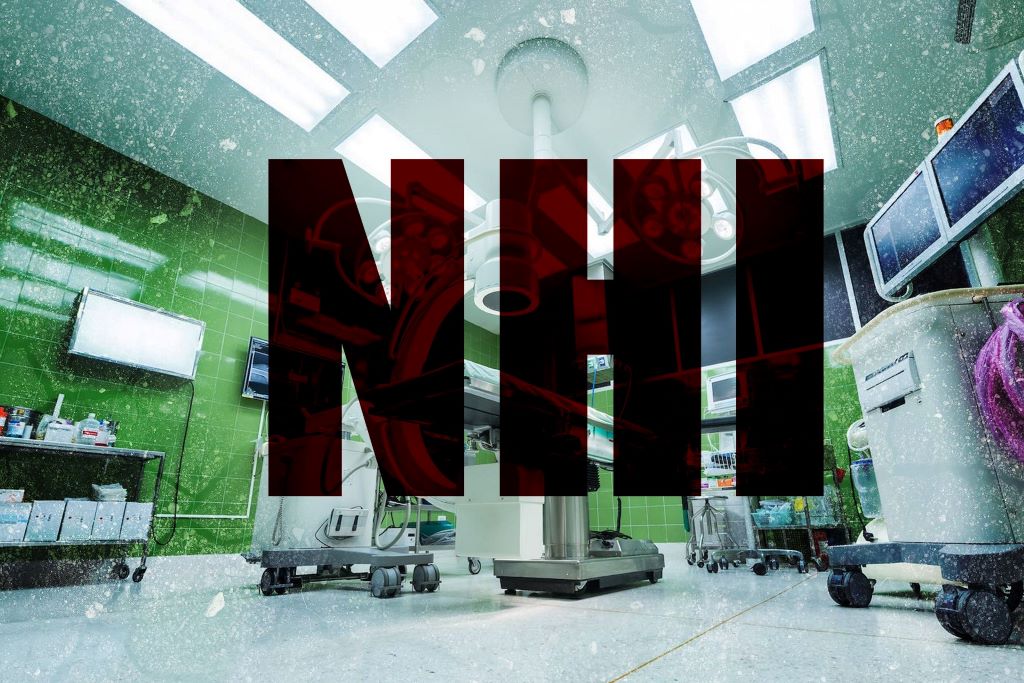Patient-centred Health Care: The NHI Revolution You Deserve
A patient-centred health system will remain an illusion under the NHI unless the public health system is ramped up to better serve users and a clear path is outlined for public-private partnerships, argue Bernard Mutsago and Haseena Majid.

By Bernard Mutsago and Haseena Majid
National Health Insurance (NHI) is South Africa’s chosen financing vehicle for Universal Health Coverage (UHC). The plan is a step closer to being a reality after the NHI bill was passed by Parliament’s National Council of Provinces on 6 December 2023. The legislation aims for a single NHI fund that will buy services from public and private providers, it will be free at the point of delivery, and will prevent medical schemes from covering services that the NHI provides. The bill is likely to soon be signed into law by President Cyril Ramaphosa, although it may take years before all sections of the bill will come into force.
However, achieving a universal, affordable, high-quality, comprehensive, and patient-focused health system under the NHI will remain an illusion unless shortcomings of the public health system is fixed to meet the needs of the public. This can be achieved through a structured system that enables efficient and equitable pooling and distribution of resources across the public, private, and civil society sectors to improve service delivery.
As it stands, the absence of a clear framework for public-private partnerships in health service delivery is a barrier to progressive planning.
South Africa, over the last decade, has seen a significant decline in the state of its health sector. Despite initiatives such as the primary healthcare (PHC) re-engineering programme, and outreach services to improve service access, the health system faces a myriad of challenges. Budget constraints have crippled our human resource capacity. Corruption, maladministration, and neglect have resulted in the decay of facilities and their inability to withstand the increasing demands for basic and complex health services.
Most importantly, the data management system, public administration processes, and the referral pathways require significant intervention to align with the digital age and the potential role of artificial intelligence to improve health service delivery. The result is a poorly representative and possibly outdated set of data indicators to inform health service delivery needs that are contextual to geographic and institutional needs.
Applying a blanket approach to health interventions, in the absence of a significantly strengthened data collection and assessment pathway has led to questionable methods to achieving universal healthcare via NHI. The implementation of NHI pilot sites in the build-up to delivering the NHI has failed to show how the health system will move from the current curative approach to a more patient-centred approach. Failing to establish the patient-centred pathway at the onset from the public administration and health service delivery system, will result in the ongoing reality of some people being unable to access the health services closest to them at the lowest cost. It also has an extended impact on preventive strategies for better health outcomes.
South Africa has a fragmented, two-tiered and inequitable health system in which about only 17% of the population in 2018 had medical aid coverage, while more than 80% of the population are largely dependent on the public health sector. This is according to the Competition Commission’s final Health Market Inquiry report, released in November 2019.
The pathway to universal healthcare should entail crucial actions like maintaining and strengthening healthcare infrastructure and implementing strategic initiatives to bolster the workforce through robust recruitment, retention drives, and public-private collaborations.
But attention to these vital steps have been diverted by the government’s emphasis on a specific funding model -the NHI – The plan has faced considerable pushback with criticism, , largely rooted in the government’s inability to deliver essential services, theft due to corruption and cadre deployment, to the detriment of health users. These concerns have been ignored. Instead, the determination to move ahead with the NHI amid outcries from the health sector, academics, and civil society is likely driven by politics.
Lessons from Ghana
Ghana’s failed NHI experiment is a luminous example for many countries attempting different financing models for delivering UHC. Ghana’s attempted NHI approach was taken off the national policy agenda due to public political opposition, weak civil society mobilisation, and low trust in the political leadership. This begs the question of whether due diligence was taken by the crafters of the NHI to establish the viability and sustainability of this model within the South African context.
Government needs fertile collaboration to materialise any policy goals. Whereas the NHI Bill has already been passed by the legislature, the successful implementation of the policy is dependent on people beyond the political realm. Engagements to structure and implement the operational plan for the NHI requires that government take on an approach that shows its willingness and commitment to take input from across all sectors, embrace the criticism, and find an approach that unifies all actors within the health sector and financing space.
Public-private partnership
A well-designed public-private partnership model, with strong monitoring and evaluation processes could offer an opportunity to create the foundation for a medium-term solution. This could improve resource capacity in the public health sector to address the current health service backlogs, improve health infrastructure and technology, and create a functional system between the public and private health sectors to harvest accurate health data. A strengthened data collection system that is inclusive and reflective of all users of the health system is after all essential to craft a responsive health system rather than a reactive one, thus placing the patient central to the health system.
Additionally, structures for community participation to inform healthcare service delivery, such as clinic committees and hospital boards, need to be bolstered as they are currently poorly functioning or non-existent. Including all voices, especially those of the public and clinicians, is critical for establishing a capable health system that offers equitable health access for all people. This is only achievable through amplified voices and a united call for government to urgently re-evaluate its current approach toward NHI implementation.
*Mutsago is a health policy analyst, health equity activist, and primary healthcare enthusiast and Majid is a Global Atlantic Fellow for Health Equity in South Africa and director of public health programmes at civil society organisation Usawa.
Republished from Spotlight under a Creative Commons licence.
Source: Spotlight


